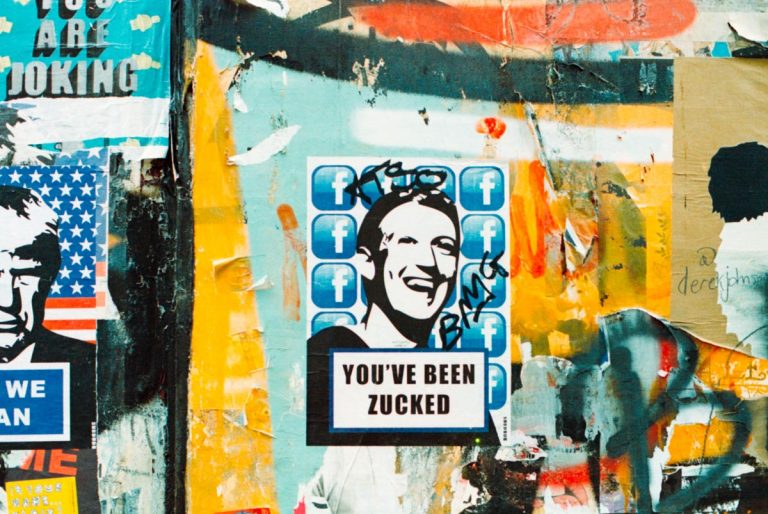What a Biden presidency will mean for the tech industry

Throughout his campaign to win the White House, President-elect Joe Biden made it clear that the technology industry was not at the top of his list. He mentioned COVID-19 and climate change endlessly (and for good reasons) but somewhat seemed to barely address the fact that he thought the Obama administration had been too friendly with Silicon Valley. What will a Biden presidency mean for Big Tech and the rest of the technology industry?
In January 2020, during an interview for the New York Times, Biden admitted that he wanted to revoke Section 230 and referred to tech executives as “little creeps” who displayed an “overwhelming arrogance.” Section 230 is a piece of Internet legislation in the US, which provides immunity for website publishers from third-party content. In other words, it provides (with some exceptions) big internet companies with immunity from liability for hosting problematic content if it was published there by someone else, also known as ‘third-party users’.
But those same internet companies who Biden criticised have also been among his campaign’s top 10 donors. As technology industry insiders joined his campaign, incoming vice president Kamala Harris showed long-standing ties to Silicon Valley as a former district attorney in San Francisco.
Yet, speaking to the MIT Technology Review, Gigi Sohn, who served as counsellor to Federal Communications Commission chairman Tom Wheeler during the Obama administration, assured that technology isn’t high on Biden’s list of priorities. Sohn explained that the President-elect would first have to focus on other major issues that will take up his administration’s early focus. “We could talk about the evils of the internet, but you still need it,” she said. “I think making sure that every American has access to affordable broadband is more important [than regulating the Internet], because they need that to live right now, to work, to learn, and to see a doctor.”
On Biden’s transition website detailing his administration’s agenda, he highlighted four priority areas: COVID-19, economic recovery, racial equity, and climate change. Technology was also mentioned but only briefly and with a focus on expanding broadband internet rather than regulation of Big Tech companies. So what can we expect from the Biden administration when it comes to tech regulation? While even Biden’s opinion remains unclear, here’s what is worth paying attention to.
Biden might revoke Section 230
Or at least, he might refocus the debate on the section. While Biden’s stance on it is perhaps more nuanced than what he suggested when speaking to the New York Times, Section 230 will continue to be an area of debate. Rather than being driven by the Republican-led discourse charging anti-conservative bias at social media companies that we saw during the Trump presidency, which was not founded on any evidence by the way, the conversation might instead shift to how these companies are too big, too powerful. This sounds like a good place to start.
As the Technology Review highlighted, this prediction was “reflected in a series of tweets by Biden campaign deputy communications director Bill Russo, who said Facebook’s inability to deal with disinformation was ‘shredding the fabric of our democracy.’”
The Google lawsuit will continue as planned
The Department of Justice filed a long-awaited antitrust lawsuit against Google in October 2020. While it can’t be assured just yet, experts agree that the lawsuit will continue under a Biden presidency if not strengthened, especially with several states expected to file their own lawsuits against Google very soon.
Stay pals with Big Tech (no matter what Biden said)
Yes, the Obama administration had a publicly friendly relationship with Silicon Valley, and yes, Biden disapproved of it and called tech executives “little creeps.” But the plain facts seem to indicate that those same relationships have greatly helped his efforts to get elected. In April 2019, Biden launched his presidential bid at a fundraiser hosted by Comcast executive David Cohen, which raised over $25 million from internet companies, according to data from the Center for Responsive Politics.
On top of this, a number of Silicon Valley insiders joined his team, including Cynthia C. Hogan, a former government affairs executive at Apple. Of course, it remains unclear exactly how these political donations will affect the Biden administration’s approach to Big Tech, but the ties are as obvious as can be.
Either way, tech won’t be a priority
The need to create a coronavirus plan and a stimulus package will be Biden’s primary focus. Then comes the idea of potentially halting climate change—the list goes on. My point is, don’t expect Biden to come to the White House in January promising a ban on harmful surveillance capitalist business models. Not yet at least.





